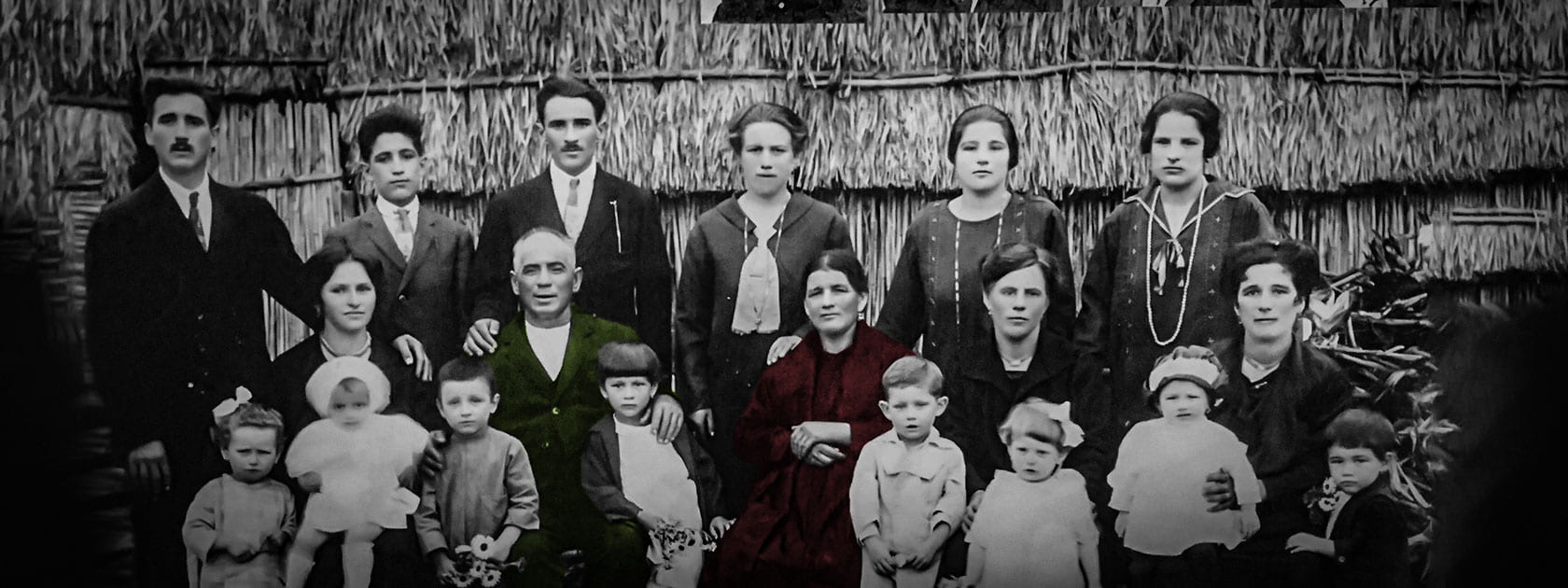
Written by: Tannaz Zebarjadian
Introduction
The goal of this assignment is to investigate Italian heritage and immigration by creating an oral history and documenting a personal archive. By interviewing an Italian immigrant, I hoped to gain a deeper understanding of the experiences, challenges, and cultural adjustments that formed their move to Canada. Oral histories provide a more personal and humanized view on migration by preserving recollections, feelings, and customs that are frequently overlooked in written sources.
For this assignment, I interviewed with my mom’s best friend (Maureen) and her mother (Joanne), who moved to Canada from Italy. During our interview, I learnt about her family history, motivations for immigrating, and how she has kept her Italian identity while adjusting to life in a new nation. This interview not only documents her experiences but also helps to preserve the cultural memory of the Italian-Canadian community.
Interview Video
Analysis
One of the most poignant moments of the interview was when my interviewee discussed the emotional aspects of immigration, particularly the sense of loss and identity crisis that accompanied leaving Italy. She recounted how, even after years of living in Canada, she feels caught between two worlds: deeply linked to her Italian heritage and proud of the life she has established in a new nation. This is closely related to our class discussion about how the immigrant experience is more than just a physical relocation. It is also a cultural and emotional makeover. Many of the texts focused on how immigrants navigate belonging and nostalgia and her remarks brought those ideas to life in a deeply personal way.
Unlike the articles and videos we studied, which frequently focused on large-scale migratory patterns and economic causes, my interviewee’s tale provided a more intimate viewpoint. While the readings emphasized statstics and socioeconomic obstacles faced by Italian immigrants, her tale focused on family customs, language barriers, and the subtle ways she passed down her ancestry to her children. This distinction reminded me of how oral histories supplement academic research by filling in emotional gaps and highlighting the everyday reality hidden beneath larger historical narratives. Overall, the interview helped me better grasp how migration impacts identity across generations and how memory plays an important part in conserving culture within immigrant households.
Reflection
Taking on the role of interviewer for this project allowed me to see my place in society from a different angle. Listening to my interviewee’s experiences as an Italian immigrant caused me to reflect on my own identity and privilege. It helped me grasp how ethnicity, language, and gender influence opportunities and obstacles in a new nation. Hearing her experiences about adapting to Canadian culture while maintaining her Italian roots reminded me of how cultural identity evolves while remaining inextricably linked to our origins. It also made me realize how resilient many immigrants, particularly women, must be to reconstruct their life while managing family, career, and tradition.
This project helped me improve personally and academically. Professionally, I learnt how to conduct an interview with sensitivity, patience, and attentive listening. Academically, I gained a greater understanding for oral history as a means of preserving personal histories that textbooks frequently ignore. Personally, this experience heightened my sensitivity and curiosity about people’s backgrounds and the hidden histories that underpin ordinary lives.
Initially, I expected the interview to focus on factual information about immigration, such as dates and reasons for relocating. However, as the chat progressed, it got increasingly emotional and reflective. My interviewee provided unexpected anecdotes about homesickness, community, and identity. This move shifted the focus away from migration as a process and toward migration as a human experience. It taught me that oral histories are more than just gathering facts; they are about connecting, comprehending, and giving voice to lived experiences.
Gallery









